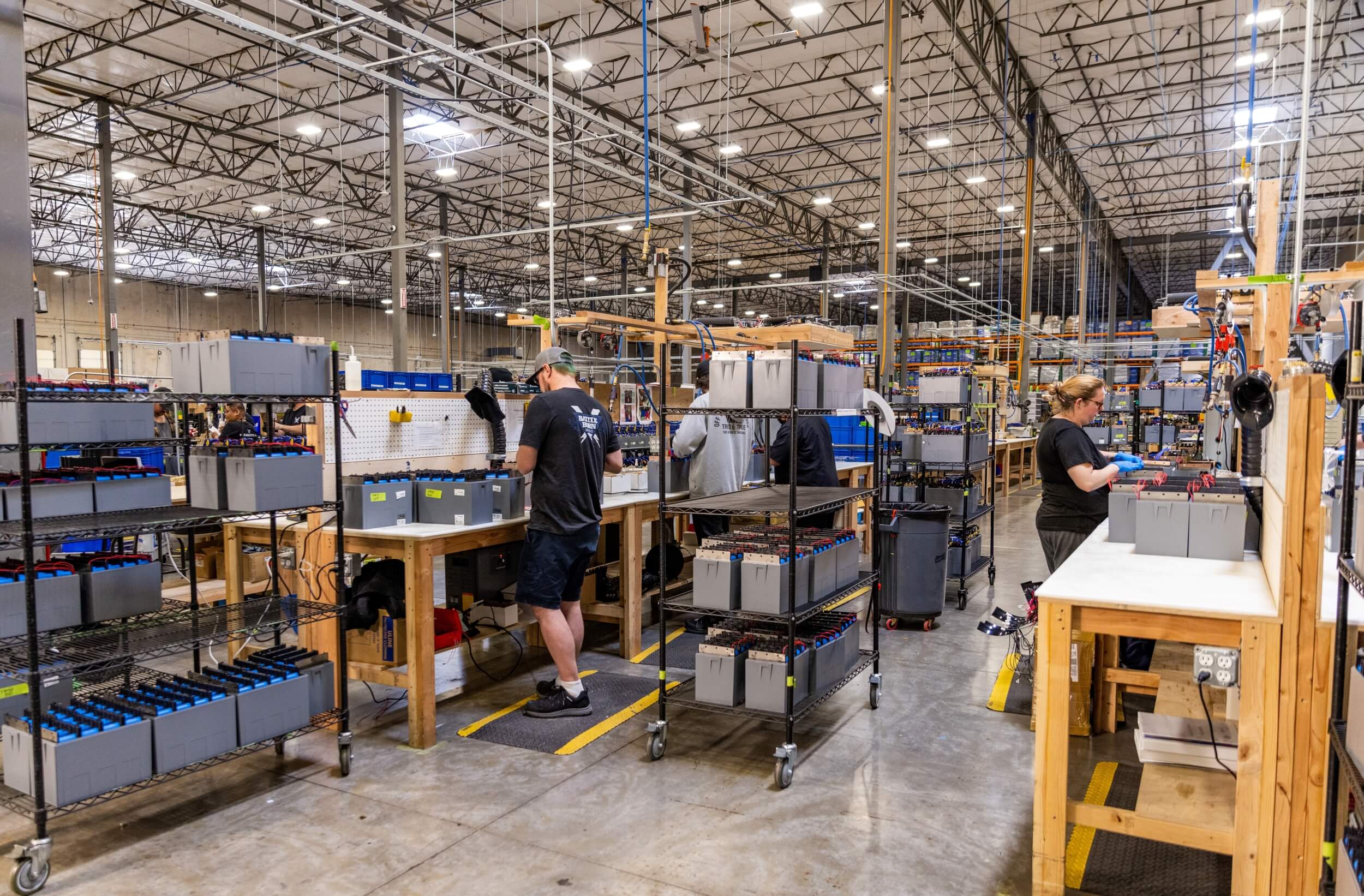
Difference Between Lithium-ion and Lead-acid Batteries
On June 2, 2022 by Anne WilliamsThere’s a lot to consider before choosing the right type of battery for your electronic device. First, you need to consider the size and weight of the device and its intended use. You should also take into account the age and usage of the device. The two most commonly found types of batteries are lead-acid and lithium-ion.
The lithium-ion battery vs. Lead-acid battery is one of the world’s most discussed and confused batteries. However, both are excellent and have their unique advantages and disadvantages. In this article, we take a detailed look at the differences between these two types of batteries and how to pick the one that’s right for you.
The Lead-acid Battery
The first thing to know about the lead-acid battery is that it’s a rechargeable battery. It’s also known as a flooded battery because of how its cells are made. The negative electrode comprises lead and lead dioxide, while the positive electrode is made up of sponge lead. The electrolyte solution that’s used in the battery is sulfuric acid. However, this type of battery has a very low capacity to produce power compared to other batteries.
This low capacity is because most of its energy goes into producing hydrogen gas during charging and discharging. As you may know, hydrogen gas can be extremely dangerous if it comes into contact with fire or sparks. This makes it tricky to use electronic devices that produce sparks like flashlights and electric cars. Another thing about the lead-acid batteries is that they can be used for both starting engines and running them once they’re started (this kind of battery is known as a dual purpose). Lastly, there are different types of lead-acid batteries, such as sealed valve regulated (SVR) and valve regulated (VR). SVR has valves that ensure no gasses escape when the power level goes down, while VR doesn’t have these valves.
The Lithium-ion Battery
Lithium-ion batteries are also known as Li-Ion or Li-polymer batteries, depending on their shape and size. They’re rechargeable batteries made from lithium and have a very high-power density. This means that they can produce more power than other types of batteries of the same size. This is because lithium ions are lighter than the ions in other batteries, which means they have more energy per gram.
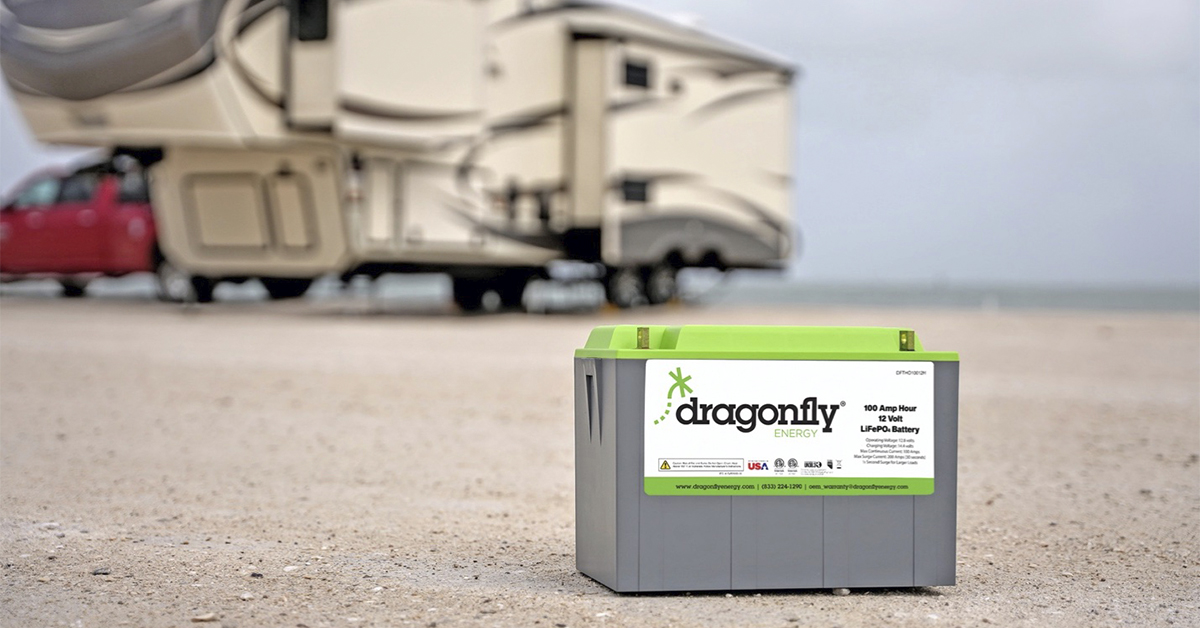
Lithium-ion batteries are not as safe as other types of batteries because they have a higher risk of overheating (which can lead to fire or explosion) and catching on fire. However, if you use them correctly, there’s no reason you shouldn’t be able to use them safely.
The lithium ion battery manufacturing process is also more complicated than other types of batteries. A lithium-ion battery comprises an anode, cathode, electrolyte and separator. The cathode and anode are made from a material called lithium cobalt oxide. This material is used because it has the highest energy density of any material found so far. The electrolyte is a liquid that can be ionized (or broken down into ions) so that the lithium ions can travel between the cathode and anode during charging or discharging.
The Lead-acid Battery vs. the Lithium-ion Battery – Which one Wins?
When you’re looking for a battery for your car, there are so many options available that it can be hard to know which one to go with. Lead-acid batteries are very common, but they aren’t the only type of battery that you can use. There are plenty of reasons you may want to go with a lithium-ion battery instead.
For example, lead-acid batteries don’t hold their charge as well as lithium-ion batteries, and they can be dangerous when they get too hot. On the other hand, lithium-ion batteries have less risk of exploding or catching on fire. As a result, they can be used more safely than lead-acid batteries, even if they have more risks than other batteries.
If you want to make sure that your car battery is safe and reliable, then a lithium-ion battery may be the best option for you. They hold their charge better than lead-acid batteries, and they don’t risk overheating or catching on fire as much as other car batteries.
In conclusion, it is important to remember that lithium-ion batteries are the best car battery to go with. They are a lot safer than other car batteries, and they hold their charge better. However, you need to be careful with them and make sure that you don’t let them corrode or wear out too quickly. On the other hand, if you take good care of your lithium-ion battery, it will last a long time and be very safe. They are a lot safer than other car batteries, and they will last longer in most cases.
About Annie
Latest Posts
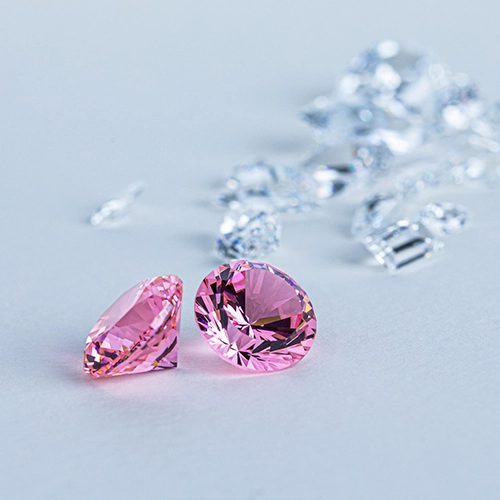 Lab Diamonds Cut Grading: A Comprehensive Guide
Lab Diamonds Cut Grading: A Comprehensive Guide Laboratory Diamonds: A Modern and Sustainable Choice for Fine Jewelry
Laboratory Diamonds: A Modern and Sustainable Choice for Fine Jewelry Diamonds: A Revolution in the Jewelry Industry
Diamonds: A Revolution in the Jewelry Industry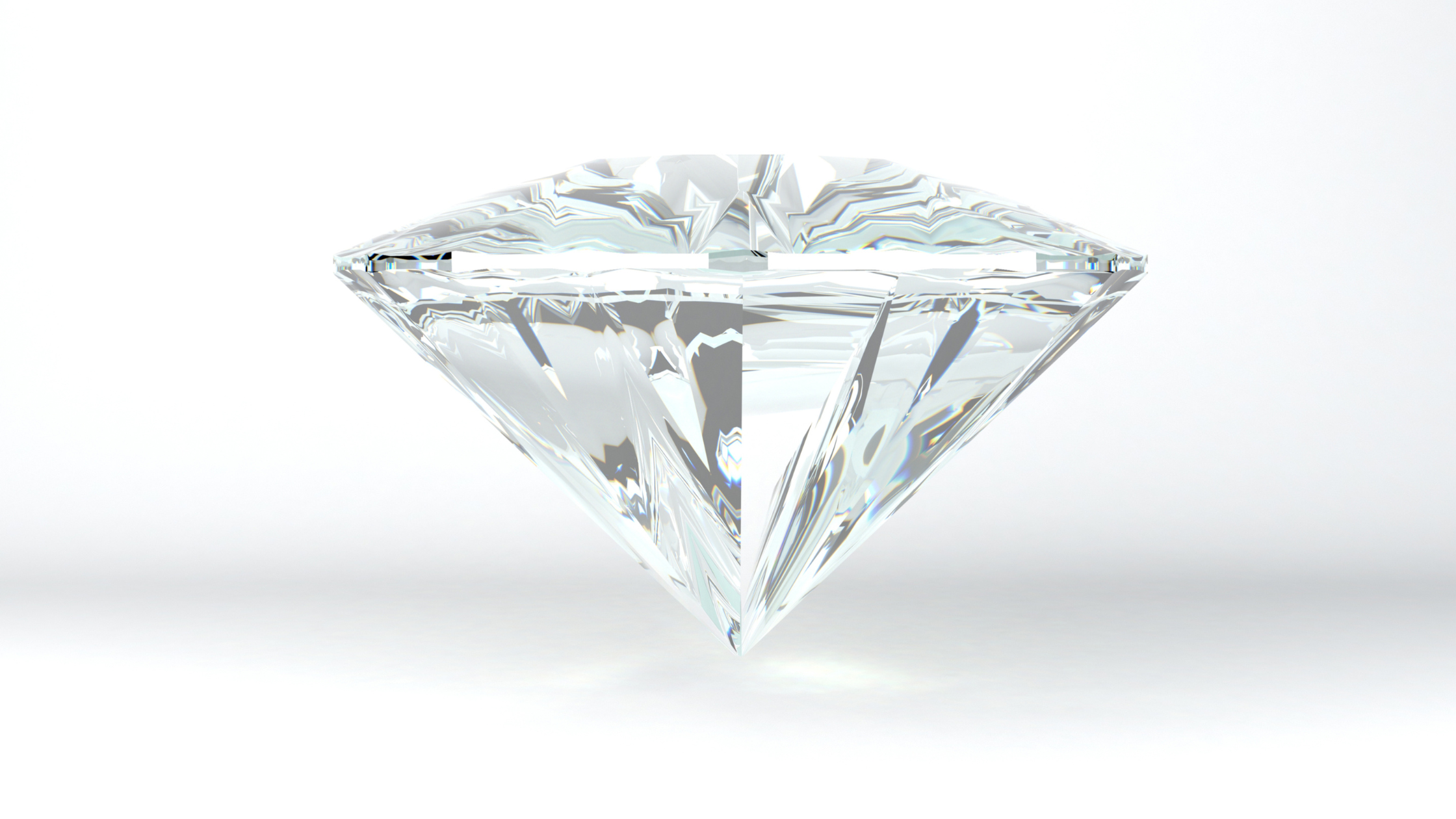 Lab Diamonds on a Budget: How to Get the Best Value Without Compromising Quality
Lab Diamonds on a Budget: How to Get the Best Value Without Compromising Quality Novita Diamonds: The Story Behind a Revolution in Fine Jewelry
Novita Diamonds: The Story Behind a Revolution in Fine Jewelry Why Lab Diamond Engagement Rings Are the Future of Modern Weddings
Why Lab Diamond Engagement Rings Are the Future of Modern Weddings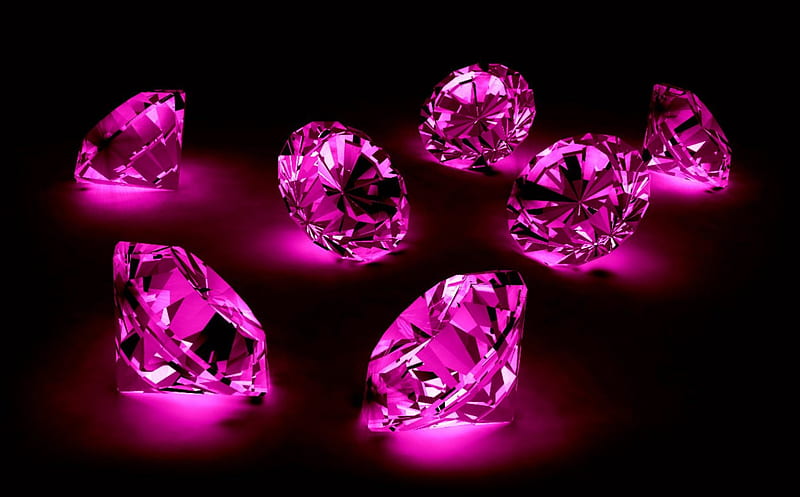 The Beauty and Value of Pink Lab Diamonds: A Modern Marvel
The Beauty and Value of Pink Lab Diamonds: A Modern MarvelThe Rise of Novita Diamonds: A Women-Led Revolution in the Jewelry Industry
 Lab Grown Diamond Stud Earrings: The Modern Choice for Sustainable Luxury
Lab Grown Diamond Stud Earrings: The Modern Choice for Sustainable LuxuryThe Beauty and Rarity of Pink Lab Diamonds
 Blood Diamonds: Understanding Their Impact and Ethical Implications
Blood Diamonds: Understanding Their Impact and Ethical Implications Shine Bright With Your Diamonds
Shine Bright With Your Diamonds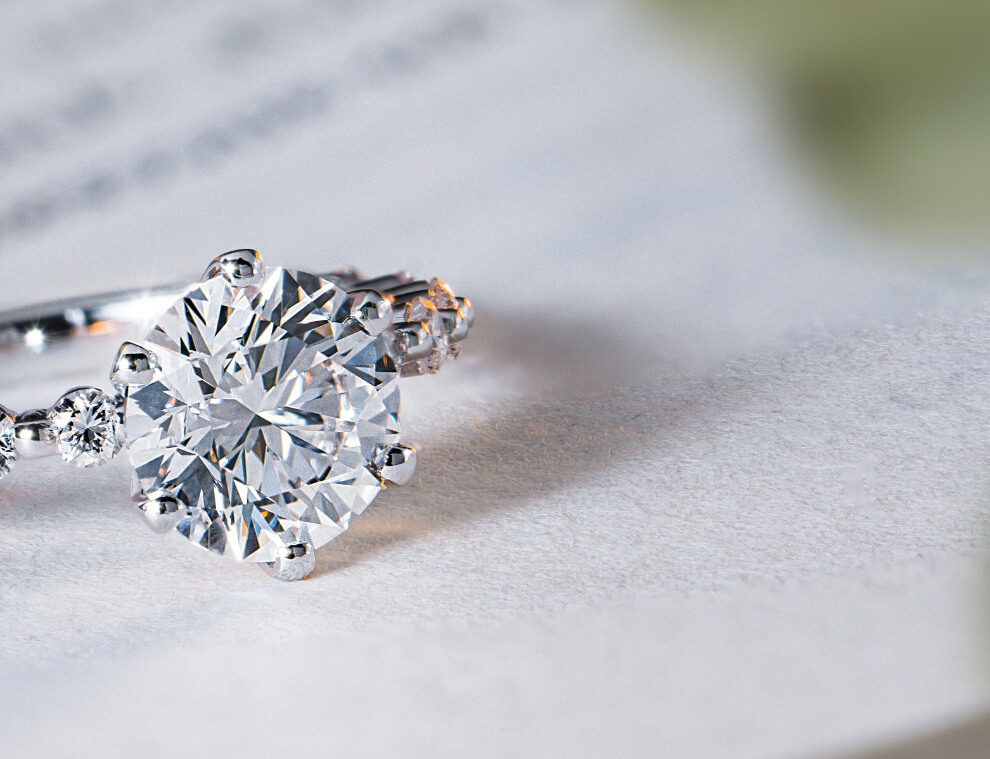 Contact Novita Lab Diamonds: Your Guide to High-Quality Lab-Grown Diamonds
Contact Novita Lab Diamonds: Your Guide to High-Quality Lab-Grown Diamonds The Guide to Buy and Sell Bitcoin in Australia
The Guide to Buy and Sell Bitcoin in Australia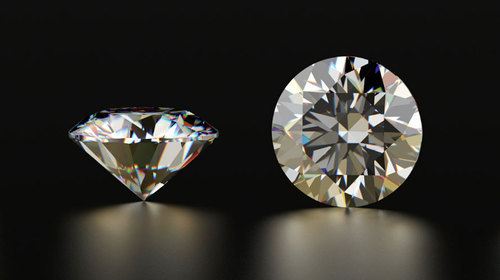 Diamantschliff: The Art and Science Behind Brilliant Cuts
Diamantschliff: The Art and Science Behind Brilliant Cuts
Recent Posts
 Lab Diamonds Cut Grading: A Comprehensive Guide
Lab Diamonds Cut Grading: A Comprehensive Guide Laboratory Diamonds: A Modern and Sustainable Choice for Fine Jewelry
Laboratory Diamonds: A Modern and Sustainable Choice for Fine Jewelry Diamonds: A Revolution in the Jewelry Industry
Diamonds: A Revolution in the Jewelry Industry Lab Diamonds on a Budget: How to Get the Best Value Without Compromising Quality
Lab Diamonds on a Budget: How to Get the Best Value Without Compromising Quality Novita Diamonds: The Story Behind a Revolution in Fine Jewelry
Novita Diamonds: The Story Behind a Revolution in Fine Jewelry Why Lab Diamond Engagement Rings Are the Future of Modern Weddings
Why Lab Diamond Engagement Rings Are the Future of Modern Weddings The Beauty and Value of Pink Lab Diamonds: A Modern Marvel
The Beauty and Value of Pink Lab Diamonds: A Modern MarvelThe Rise of Novita Diamonds: A Women-Led Revolution in the Jewelry Industry
 Lab Grown Diamond Stud Earrings: The Modern Choice for Sustainable Luxury
Lab Grown Diamond Stud Earrings: The Modern Choice for Sustainable LuxuryThe Beauty and Rarity of Pink Lab Diamonds
 Blood Diamonds: Understanding Their Impact and Ethical Implications
Blood Diamonds: Understanding Their Impact and Ethical Implications Shine Bright With Your Diamonds
Shine Bright With Your Diamonds Contact Novita Lab Diamonds: Your Guide to High-Quality Lab-Grown Diamonds
Contact Novita Lab Diamonds: Your Guide to High-Quality Lab-Grown Diamonds The Guide to Buy and Sell Bitcoin in Australia
The Guide to Buy and Sell Bitcoin in Australia Diamantschliff: The Art and Science Behind Brilliant Cuts
Diamantschliff: The Art and Science Behind Brilliant Cuts
More To View
 Lab Diamonds Cut Grading: A Comprehensive Guide
Lab Diamonds Cut Grading: A Comprehensive Guide Laboratory Diamonds: A Modern and Sustainable Choice for Fine Jewelry
Laboratory Diamonds: A Modern and Sustainable Choice for Fine Jewelry Diamonds: A Revolution in the Jewelry Industry
Diamonds: A Revolution in the Jewelry Industry Lab Diamonds on a Budget: How to Get the Best Value Without Compromising Quality
Lab Diamonds on a Budget: How to Get the Best Value Without Compromising Quality Novita Diamonds: The Story Behind a Revolution in Fine Jewelry
Novita Diamonds: The Story Behind a Revolution in Fine Jewelry Why Lab Diamond Engagement Rings Are the Future of Modern Weddings
Why Lab Diamond Engagement Rings Are the Future of Modern Weddings The Beauty and Value of Pink Lab Diamonds: A Modern Marvel
The Beauty and Value of Pink Lab Diamonds: A Modern MarvelThe Rise of Novita Diamonds: A Women-Led Revolution in the Jewelry Industry
 Lab Grown Diamond Stud Earrings: The Modern Choice for Sustainable Luxury
Lab Grown Diamond Stud Earrings: The Modern Choice for Sustainable LuxuryThe Beauty and Rarity of Pink Lab Diamonds
 Blood Diamonds: Understanding Their Impact and Ethical Implications
Blood Diamonds: Understanding Their Impact and Ethical Implications Shine Bright With Your Diamonds
Shine Bright With Your Diamonds Contact Novita Lab Diamonds: Your Guide to High-Quality Lab-Grown Diamonds
Contact Novita Lab Diamonds: Your Guide to High-Quality Lab-Grown Diamonds The Guide to Buy and Sell Bitcoin in Australia
The Guide to Buy and Sell Bitcoin in Australia Diamantschliff: The Art and Science Behind Brilliant Cuts
Diamantschliff: The Art and Science Behind Brilliant Cuts
Popular Posts
 Lab Diamonds Cut Grading: A Comprehensive Guide
Lab Diamonds Cut Grading: A Comprehensive Guide Laboratory Diamonds: A Modern and Sustainable Choice for Fine Jewelry
Laboratory Diamonds: A Modern and Sustainable Choice for Fine Jewelry Diamonds: A Revolution in the Jewelry Industry
Diamonds: A Revolution in the Jewelry Industry Lab Diamonds on a Budget: How to Get the Best Value Without Compromising Quality
Lab Diamonds on a Budget: How to Get the Best Value Without Compromising Quality Novita Diamonds: The Story Behind a Revolution in Fine Jewelry
Novita Diamonds: The Story Behind a Revolution in Fine Jewelry Why Lab Diamond Engagement Rings Are the Future of Modern Weddings
Why Lab Diamond Engagement Rings Are the Future of Modern Weddings The Beauty and Value of Pink Lab Diamonds: A Modern Marvel
The Beauty and Value of Pink Lab Diamonds: A Modern MarvelThe Rise of Novita Diamonds: A Women-Led Revolution in the Jewelry Industry
 Lab Grown Diamond Stud Earrings: The Modern Choice for Sustainable Luxury
Lab Grown Diamond Stud Earrings: The Modern Choice for Sustainable LuxuryThe Beauty and Rarity of Pink Lab Diamonds

